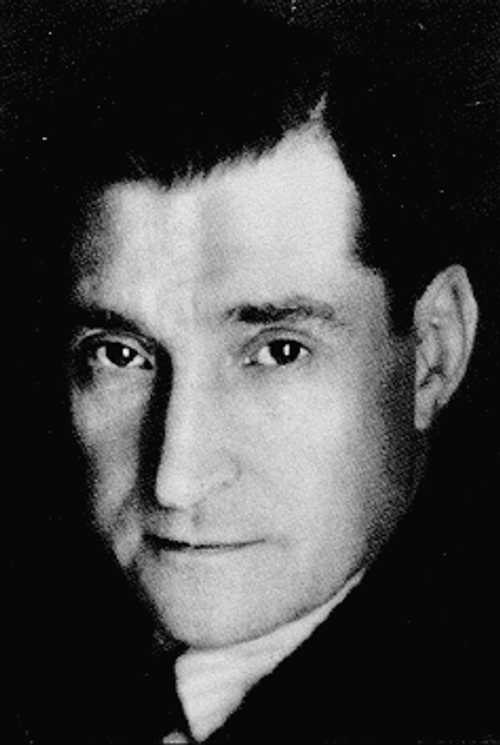
Other Forces
Salazar - how to win a war without really fighting
Dr Antonio de Oliveira Salazar, Prime Minister and effective dictator of Portugal, in early life. Salazar kept Portugal neutral in both the Spanish Civil War and the subsequent unfortunate events of 1939-'45 - but Salazar's regime (if not Portugal as a nation) managed to benefit greatly by exploiting opportunities arising from other peoples' wars. In practical terms, Salazar strongly supported Franco's nationalist rebels in the Spanish conflict. Apart from allowing the Spanish nationalists to recruit a Portuguese volunteer force to fight in the Franco side (estimates vary between about 12,000 and 18,000 volunteers), Lisbon became a major entry point for German and Italian military aid to Franco. This was important, as it allowed military equipment and personnel to be landed in a major port from which it could be transported easily and peacefully to secure nationalist territory in south-west Spain. At home, the "security emergency" occasioned by the Spanish conflict was used to justify the expansion of police and security services, a process that turned the (at the time) somewhat insecure dictatorship of the Portuguese "Estado Novo" into a terrifying and stultifying police state, one of its dominant characteristics that helped it to continue in power until 1974. Nor was the "Estado Novo" immune from the temptations of financial gain from the illicit Axis traffic through its territory at this time. When it came to WW2, "neutrality" came to mean something akin to the meaning of "non-alignment" in the latter part of the Cold War. This was perceptively defined by British humorist Alan Coren as meaning that one will accept money from anybody. Portugal, famously, became an key transit point for refugees attempting to flee Axis territories, to the US and elsewhere. At the same time, the supply of contraband commodities, including vital mineral supplies, came to be a major economic activity, with much (perhaps most) of the contraband being directed to Germany by way of Spain. All of this made Lisbon a vibrant centre of spying, smuggling and spooking of all sorts. All of this needed to be financed, of course, and the Portuguese regime, by way of its commercial associates and the Portuguese banks, was very happy to oblige. Colossal profits and rounds of vintage Colares all round. All in all, the Portuguese quasi-Fascist regime was a major winner in both the Spanish Civil War and in WW2 - and they never fired a shot. Best regards, JR.
2745 Views
1/13/2011
